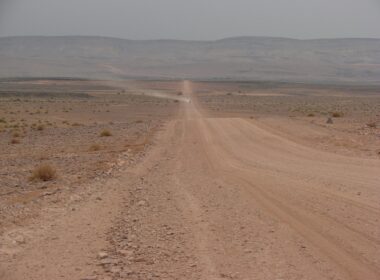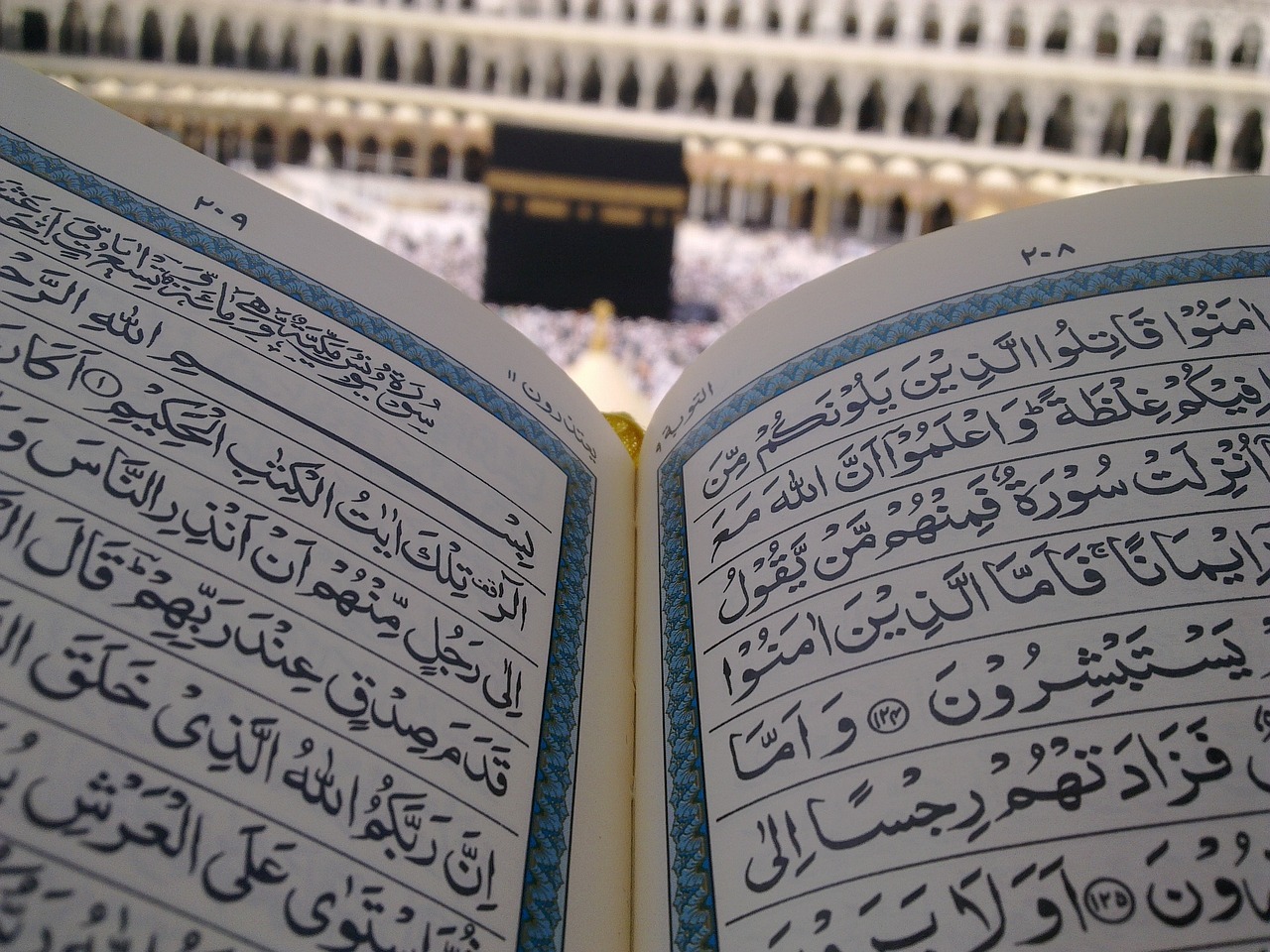A few months ago, in a concerted effort to experience faith traditions outside my own, I wrote an e-mail to the Denver Mosque:
“I’m Christian,” I wrote candidly, “but want to experience and understand traditions outside my own. Would it be possible for me to come worship with you?”
No answer. But I was added to an e-mail list, so I periodically get e-mails alerting me to sermons posted on the Mosque’s website. I tried listening once, realizing very quickly that my Arabic is not in any shape to be absorbing the density of that kind of material.
I stay optimistic about things, though; while no one has ever personally responded to my e-mail, I read through the mass mailings hoping to find some event or occasion that would be appropriate for me in my foreignness.
This morning, though, I received this:
“If you live as a Muslim, you will die as a Muslim. You will then be raised with the only religion that Allah accepts in Judgment Day.”
Several lines down, I read again: “And whoever desires other than Islam as religion—never will it be accepted from him, and he, in the Hereafter, will be among the losers.” [3:85]
Somewhat affronted, I turn to the Qu’ran, which reads in another translation: “Say, ‘We believe in GOD, and in what was sent down to us, and in what was sent down to Abraham, Ismail, Isaac, Jacob, and the Patriarchs, and in what was given to Moses, Jesus, and the prophets from their Lord. We make no distinction among any of them. To Him alone we are submitters.’ Anyone who accepts other than Submission as his religion, it will not be accepted from him, and in the Hereafter, he will be with the losers.” [3:84-85]
Surely you see what disturbs me here. First, as an interfaith activist, I reach out to learn about another tradition only to have my own thrown back in my face as false, making me “among the losers.” It is verbiage designed to provoke, it would seem. How can I begin to approach a tradition which says things like this, the doors of which are so obviously closed to those outside of Islam?
But let’s be clear. What does my religion say of the God I worship? From Exodus: “I am the LORD your God, who brought you out of Egypt, out of the land of slavery. You shall have no other gods before me. You shall not make for yourself an idol in the form of anything in heaven above or on the earth beneath or in the waters below. You shall not bow down to them or worship them; for I, the LORD your God, am a jealous God, punishing the children for the sin of the fathers to the third and fourth generation of those who hate me, but showing love to a thousand {generations} of those who love me and keep my commandments.” [Exodus 20:2-4]
How off-putting is that to the loving, curious Muslim who endeavors to appreciate a tradition outside his or her own? The problem returns to us: Answers to questions of ultimate existence, which religion by its nature seeks and supplies, must have ultimate authority or they are meaningless. Should it be any more surprising to me that Islam makes such a bold claim when Judaism and Christianity do the same?
My point is not that we are riven by different gods, but that our expression is similar if the gods we paint are seemingly at odds. Of course religion will set forth its deities as the highest and most singular Beings; why should that offend us? In the spirit of commonness and love, we should not decry such proclamation as condemnation of our own deities, but rather, of a different expression of the same.
Is that to say all gods, whatever their names and characters, should be conflated? Certainly not; it is in the diverse expression and understanding of the divine that we can build not only broader and deeper communities, but more profound relationships with the power(s) that engendered us.
I was put off by the words of the Qur’an, bolded and highlighted in my morning e-mail. But what am I protesting? Not Islam, surely; not faith. No, I am protesting the right of others to know God differently than I know God. And what authority do I have to be so incensed? Why would I let anger rule me anyway, when everything I desire is unity and mutual love?










